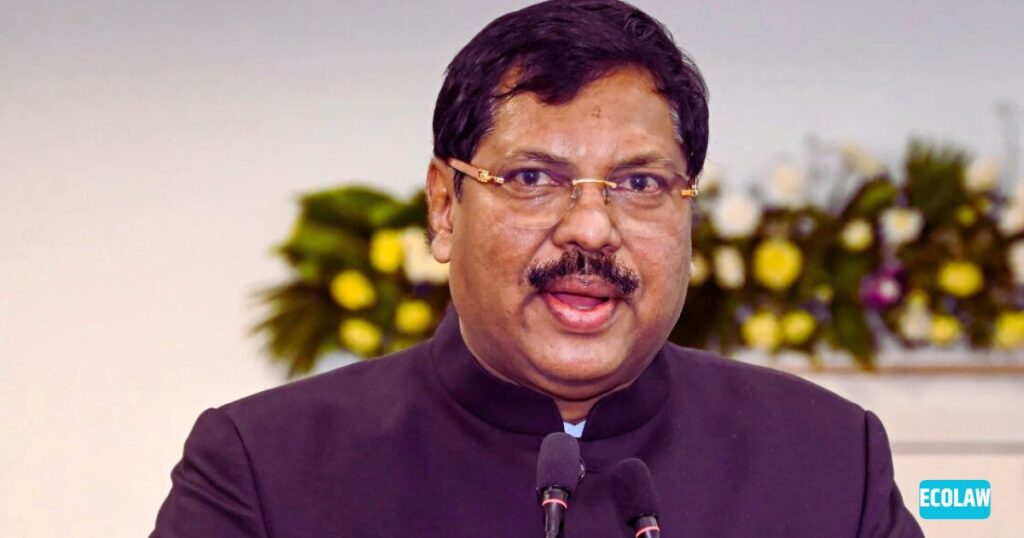When Chief Justice of India B. R. Gavai addressed students at the Golden Jubilee of VM Salgaocar College of Law in Miramar, Goa, on August 23, 2025, he used his own collegiate tale to deliver a powerful message: exam ranks are not destiny. His candid confession and inspiring advice offer a refreshing perspective on legal education and career growth.
A Tale of “Out-standing” Under-Attendance

“Out-standing” was Justice Gavai’s playful self-designation — not for academic excellence, but rather for frequently being outside the classroom, often literally perched on the compound wall. He revealed how his friends marked his attendance while he skipped classes and yet he ended up third on the merit list.
In his final year at Amravati, he attended maybe half a dozen classes. One of those friends, who later became a High Court judge, continued to mark his presence. Despite such minimal attendance, Gavai topped his cohort’s merit list by studying Jhabvala’s books and five-year solved question papers.
Different Ranks, Different Futures
Justice Gavai shared this telling anecdote:
- The topper went on to become a criminal lawyer specializing in bail.
- The second-ranked student became a district and then High Court judge.
- And the third-ranked student — himself — eventually rose to become Chief Justice of India.
This narrative underscores a compelling truth: rank in exams doesn’t predict the heights one can scale.
Ranks Aren’t the Roadmap to Success
Justice Gavai urged law students not to be blinded by rankings. “The examination results do not determine what success you will achieve. It is your determination, hard work, dedication and commitment to the profession which matters,” he said.
This message resonates especially at a time when many equate success solely with CLAT and NLU placement. Yet, Justice Gavai cautioned that NLUs account for only a small portion of legal education in India. He highlighted the merit and potential of students from taluka-level colleges, calling for stronger infrastructure, faculty, and curriculum across all law schools.
Also Read: Why India Changed Its Criminal Laws in 2025
The Broader Vision for Legal Education
Beyond his personal story, CJI Gavai emphasized the need for inclusivity in legal training. While acknowledging the growing importance of moot courts and five-year law programs, he reminded stakeholders that legal education must extend beyond elite institutes to empower students everywhere.